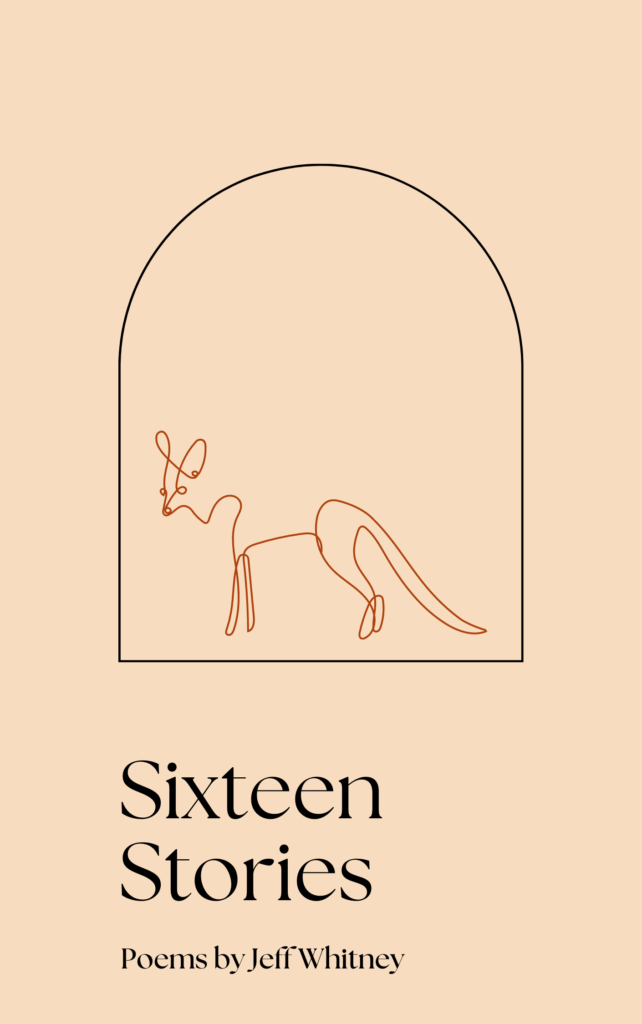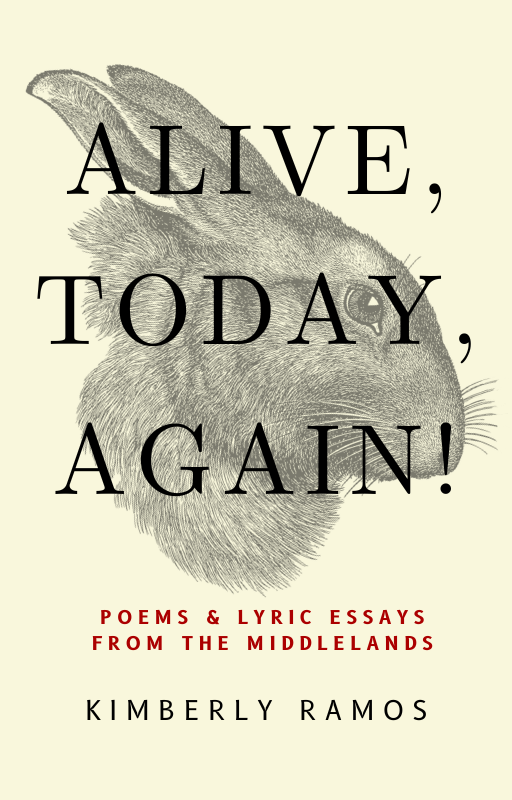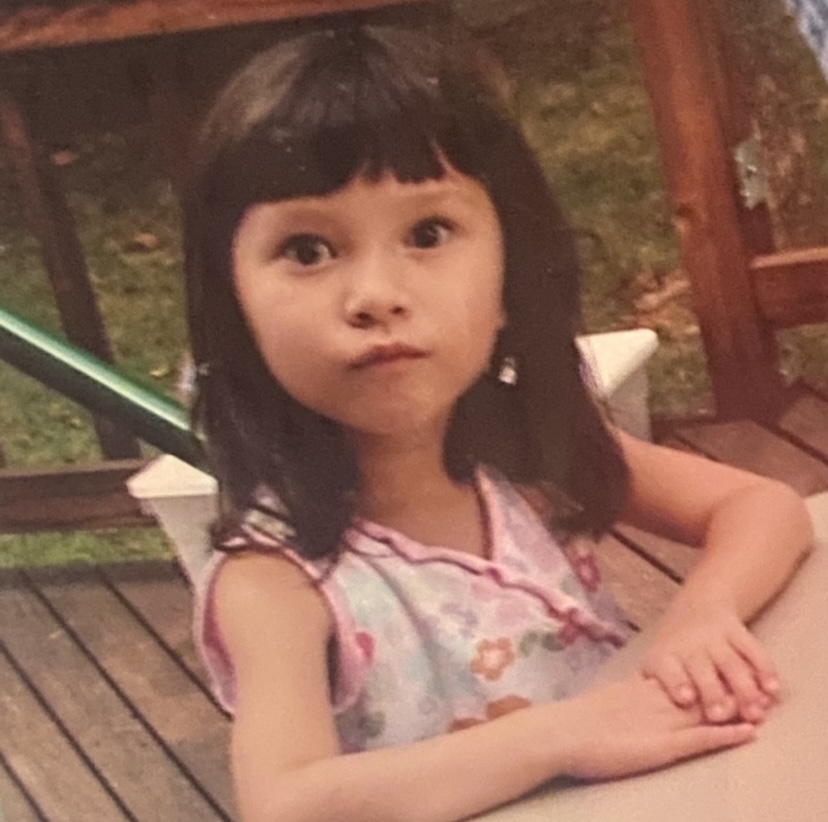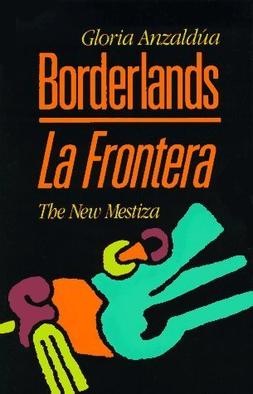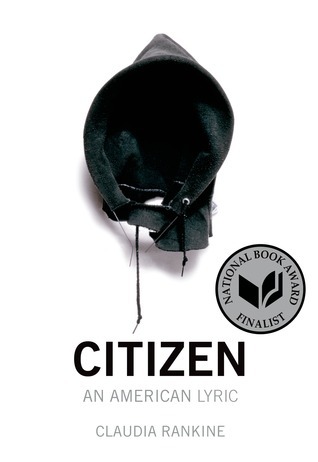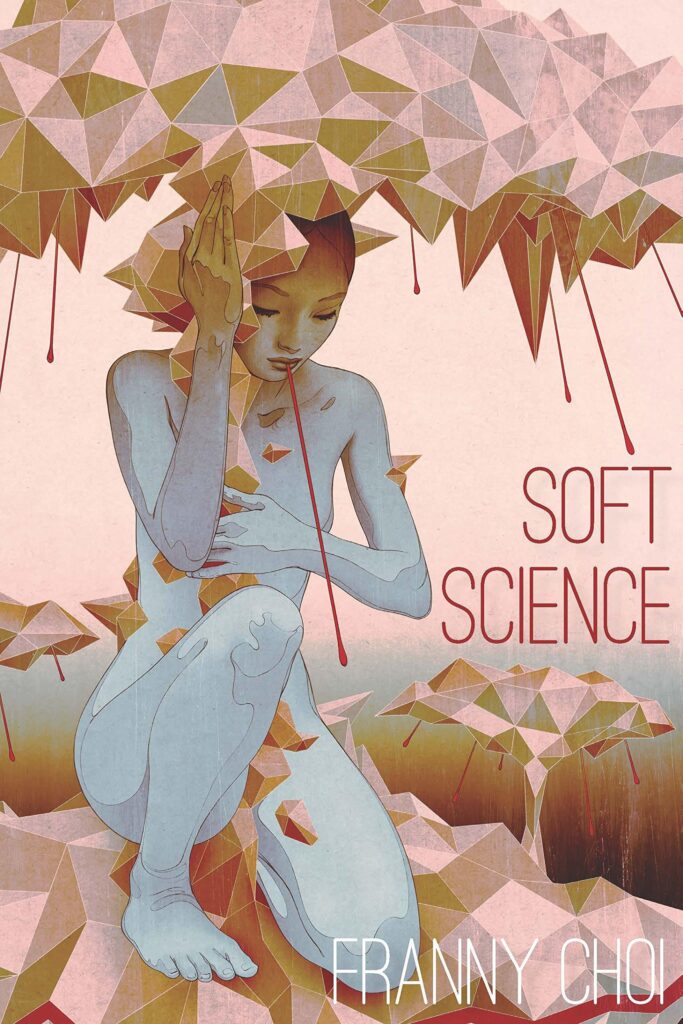Winner of the 2021 Flume Press Chapbook Contest
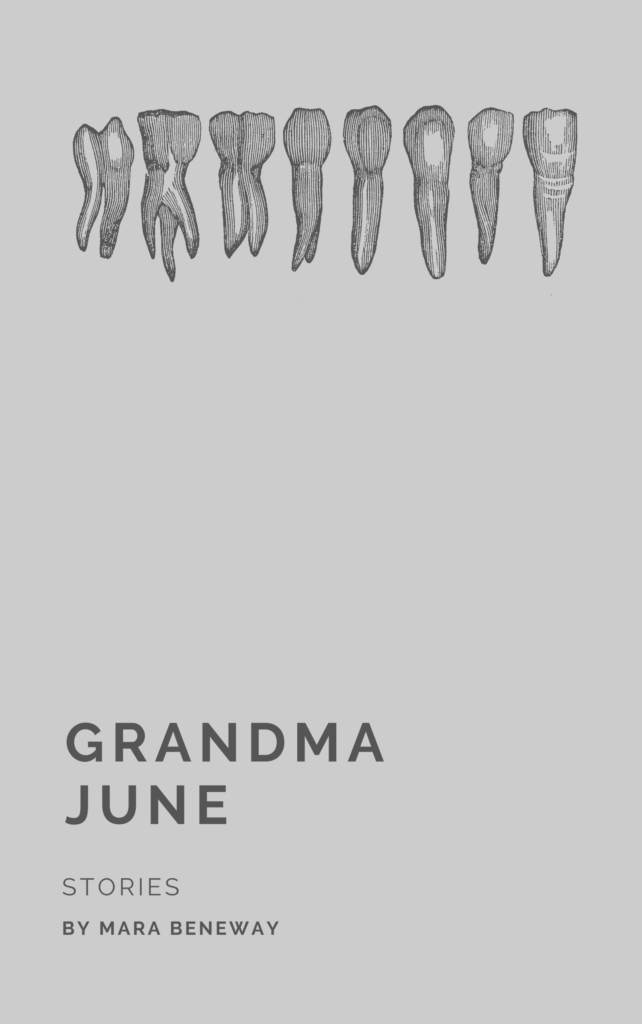
Dreamlike and deeply moving, Grandma June, a collection of connected stories, is a portal into the otherworldly life shared by the titular character and her granddaughter. The two navigate a rich world of natural beauty and persistence in the face of great loss. This chapbook includes original illustrations by the author.
Mara Beneway is a writer, visual artist, and teacher from New York. Her work has appeared in Foglifter, Bodega Magazine, Hobart, Vagabond City, Bread Loaf Journal, and elsewhere. She is currently a graduate student studying Creative Writing at the University of South Florida and English Literature at the Middlebury Bread Loaf School of English.
$14 (Shipping included)
Venmo: @FlumePress
(Please specify your shipping address in the purchase notes.)
Excerpt from Grandma June
First it was teeth. Molars and wisdom and baby teeth. All around us was the tinkle of hail hitting the barn’s tin roof, Grandma’s tractor, bouncing off garden tools. But it wasn’t hail falling from the sky, it wasn’t rain, it was teeth. Grandma looked around like she just arrived at her favorite museum and was deciding which exhibit to view first. All pleasure, not a whisper of surprise on her plump, milky face.
We caught teeth in buckets, picked out our favorites and made jewelry out of them. I made Grandma a necklace alternating baby teeth with old, rotted ones. She really loved it. Said it reminded her of life itself. Told me, in this necklace, you have portrayed the human experience.
When we picked the last of the teeth from the gutters, turned the best molars into chairs and couches for the fairy gardens, swept each canine from the front porch, rid the chicken coop of mouth-bones, the temperature dropped, the wind picked up, and Grandma’s eyes turned to the horizon.
It started to drizzle fish hooks. Not a deluge but a drizzle, soft clinking. Grandma showed me how to catch hooks on my tongue. I knew about snow from books, knew Grandma was remembering the taste of snowflakes. I closed my eyes and stuck my tongue out, let the hooks wet metal fall in my mouth.
Don’t swallow.
The sky opened up then, and whole fish, hooks in their mouths like braces, came crashing down from the heavens like lightning. We stopped catching hooks on our tongues and ran to the shelter of the front porch. Every time a particularly fat fish landed on the pavement in front of Grandma’s house, we laughed and shouted and clapped our hands, as the fish exploded into a pulpy pink mass.
We are having fun, Grandma said.
We are having fun, I agreed.
That night we sat by the fire and made colorful lures from fallen hooks and feathers. The house was filled with our art and songs and stories. We were always making things. Creation, Grandma said, was good for the soul.
Do you miss being a girl? I asked.
I still am one, she said.

